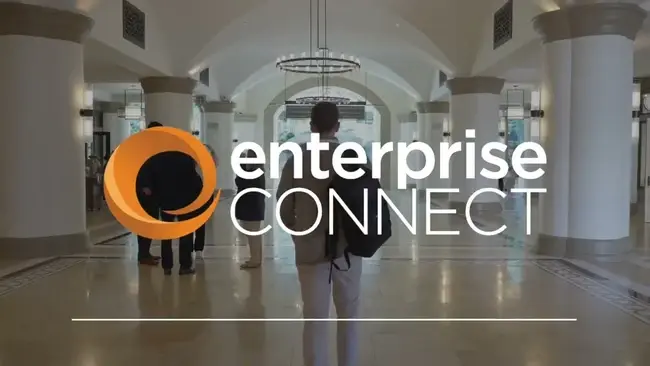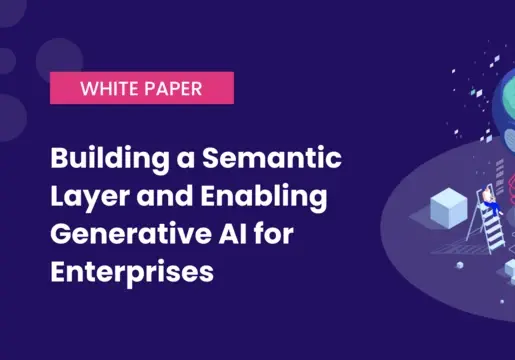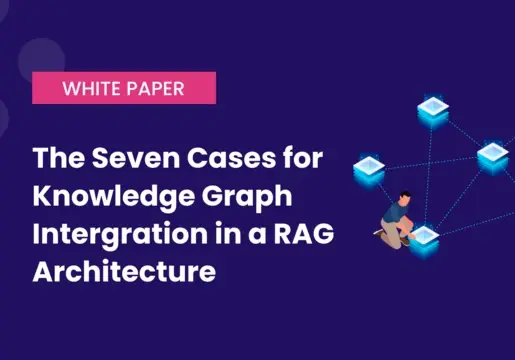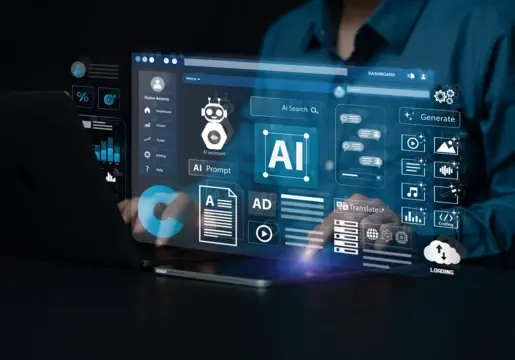By Eric Krapf.
This week brings news that Slack will integrate generative AI capabilities from OpenAI, makers of the ChatGPT chatbot, into their collaboration app. In addition, Slack parent company Salesforce also announced Einstein GPT, a new CRM-focused integration of third-party generative AI technology with the company’s existing Einstein AI capability. Following on the heels of Microsoft’s announcement of Teams integration with OpenAI, it’s becoming clear that generative AI in some form likely will soon be table stakes for collaboration platforms.
I got a sense of how this could benefit enterprise end users as I was reviewing a presentation for the upcoming Enterprise Connect 2023. Beth Schultz of Metrigy will lead a session on How Collaboration and Employee Experience Come Together, and she’ll share research showing that enterprises see the ability to “understand employee experience” as one of the top values gained from collaboration tools. What struck me was that the only elements that ranked ahead of understanding employee experience in importance were “improve productivity” and “enable employee engagement.” This is not a surprising finding--productivity and employee engagement are the ultimate goals, and bones of contention, within enterprises in the hybrid work era. But this is also where generative AI capabilities in collaboration platforms can help deliver value.
One major promise of generative AI for collaboration tools is the potential for helping end users bring order out of the chaos that is the current collaboration lifestyle. As Nicole Herskowitz, VP, Microsoft Teams & Platform Marketing (and the first keynoter for Enterprise Connect 2023), wrote in the blog announcing the OpenAI integration, “There’s a ton of time-consuming administrative work during meetings, like taking notes, figuring out important takeaways, and capturing the right action items and owners.” And all of these tasks are flying at the end user while they’re also trying to log on to the next meeting.

AI’s ability to summarize meetings, compose text for routine correspondence, and create action items - among other capabilities -- offers the potential for serious productivity gains. Technology providers who can seamlessly integrate these functions into a collaboration tool’s interface -- and ensure accuracy by the AI--will likely gain significant mind share.
We’re thrilled to have several sessions at Enterprise Connect devoted to the ways AI will change both the employee and customer experience. One I’m particularly excited about: Dan Miller and Derek Top of Opus Research will lead a breakout session on Making Sense of Conversational AI: Lessons Learned from Real-World Experience, with a panel of executives from Johnson & Johnson and Lowes. Miller will also join me on the main stage for a quick-hit discussion on the impact of generative AI on enterprise communications.
The phenomenon of ChatGPT over the last few months has made that particular tool, and generative AI overall, into the newest shiny object for not just the tech world, but society at large. There’s every reason to believe that, beneath all the hype, there’s real benefit and value to these emerging capabilities.
Separating hype from substance is what we’ve been doing for years at Enterprise Connect, and I look forward to the opportunities to take on the newest new thing, both in sessions and in the many opportunities attendees have for informal interactions.
Join us at Enterprise Connect in Orlando, FL March 27 – 30 - & Virtual.
EM360 readers – save $200 with promo code EM36023 or get your free Expo Plus Virtual Pass:
Learn more here.








Comments ( 0 )